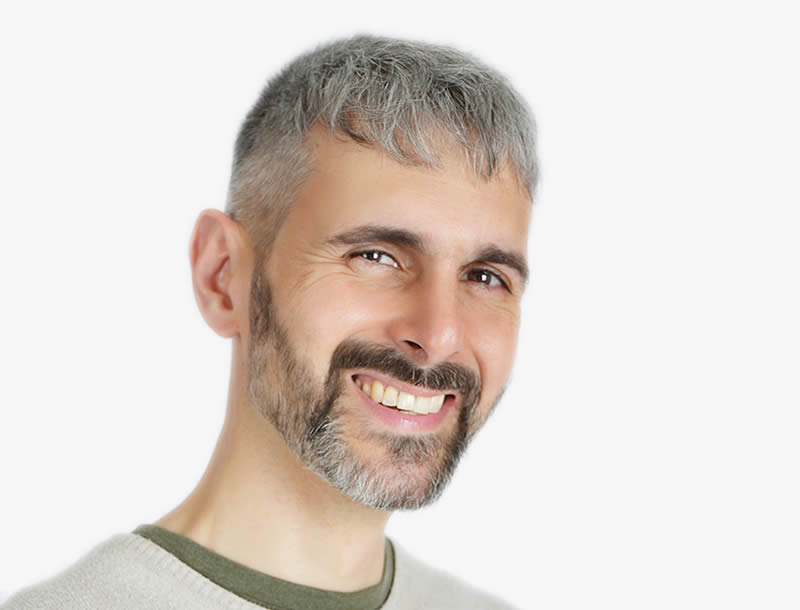Analytical psychology
It is a revolutionary thought in the line of Wolfgang Giegerich, Carl’s heir. Gustav Jung, who advocates a psychology with “soul”, in which theory and practice are not taken for granted. So we will deal with the budgets that inadvertently condition our lives.
This analysis requires a position of listening before oneself, before this “other” of oneself, which does not appear on the scene, but which determines it in a large way. We discover then that we are not an immobile and monotheistic unity, but a plurality that expresses itself through relationships, whether with others, with oneself or with life in general. Precisely, this permanent dialogue is “the other” of me (“the soul”).
"Minerva's bird takes flight at dusk"
We do not choose the issues that concern us (symptoms, conflicts, etc.), but we are chosen by them. In fact, they are already here. We begin each therapy session with a blank slate, with openness, attending to whatever presents itself. It consists of giving back to the person his psychic life (his “other”). But it is not about another outside (the partner, a doctrine, etc.), but the “other” of the subject itself (thinking of itself), which, when heard, is recognized as its own truth, like the logical syntax that structures our life, and that allows us to act accordingly.
There is only illusion, charm or fantasy, when looking for what is not there. It is therefore a very humble therapeutic practice that leads to disillusionment, disenchantment, which hits the stubborn refusal to open up to the real world, to consider it unacceptable. The curiosity to be taught by life, corrodes the encapsulation of the ego in its own budgets (like a fish biting its tail), and allows one to open to the joy of the truth, which comforts, which is alive and reigns for itself, even if it is not pleasant at times.
According to Josep Vila, we often think that life does not go with us, as if, for example, being able to do what we want or take refuge in beliefs, exempts us from being limited by time and space. “This is a fantasy, a childish idea of freedom, a childish idea of security, which advocates pure freedom, pure security, as if being pure was the important thing.
This is precisely what ruins life, preventing us from being pierced by it and from being penetrated. Disillusionment (for what should have been) is essential to humbly open oneself to the reality that is knocking at the door”.
The poet Friedrich Hölderlin said: “But where there is danger, that which saves also grows”, because the psychological act itself is to be in danger, where the acceptance of the new reality, which is young, which is alive, is debated and that sustains us, but that requires a process of adaptation.
